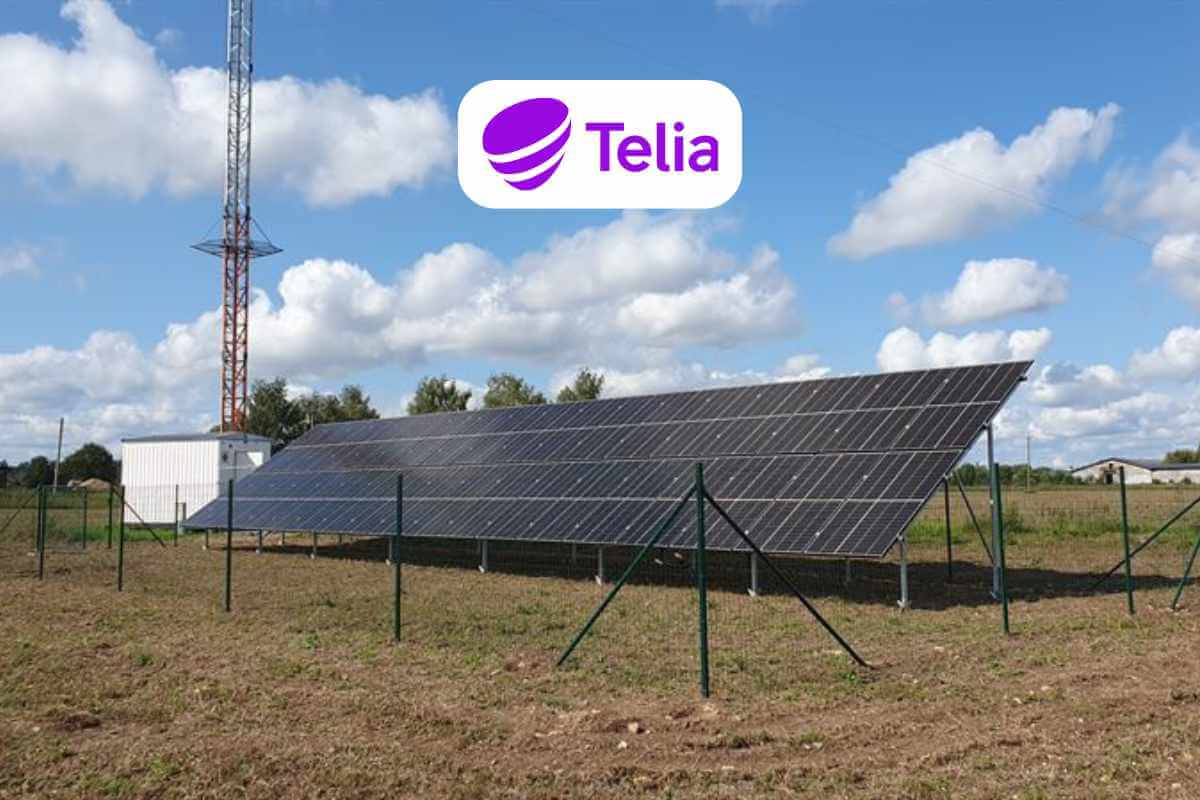
Telia Estonia said it has 43 mobile sites now supported by solar panels. The telco reported that it has constructed 43 solar installations alongside its mobile masts in Estonia over the past year. These installations, developed in collaboration with renewable energy solutions developer Sunly City, aim to power Telia's mobile services with solar energy, benefiting tens of thousands of customers in Estonia, the telco said on Thursday.
Also Read: Telia Estonia Partners With Sunly to Operate 100 Solar Powered Mobile Sites
Agreement for Sustainable Development
As reported by TelecomTalk, Telia Estonia and renewable energy solutions developer Sunly City entered into an agreement last spring, under which Sunly City will construct solar installations near approximately 100 of Telia's mobile masts in the country by the end of 2024.
Telia Estonia says the solar installations represent the company's largest renewable energy project to date. "The entire Telia Company group – including Telia Estonia – has committed to achieving net-zero emissions and 100 percent reuse and recycling of waste by 2030."
Also Read: Telia Targets 95 Percent 5G Coverage in Estonia by Year-End
According to Telia Estonia, 40 solar installations were built alongside Telia mobile masts in 2023, with an additional 3 added at the beginning of this year.
"We are making plans for 2024 and preparing for more construction work," Telia Estonia said. "The plan is to collaborate with our partner to activate nearly all of the 100 solar installations by the end of this year."
The production capacity of the solar installations being developed in collaboration between Sunly City and Telia will reach 1,200 kW once all of the stations are completed, the company said.
Also Read: Telia Estonia to Expand Fiber Network to 9,000 Homes in 2024
Commitment to Environmental Responsibility
Telia says it is committed to achieving net zero by 2040. To achieve net zero, Telia must reduce emissions by 90 percent (compared to the base year 2018) and neutralize the rest. By 2030, Telia commits to at least halving absolute GHG emissions compared to 2018 and offsetting the rest, while continuing to move towards net-zero.















